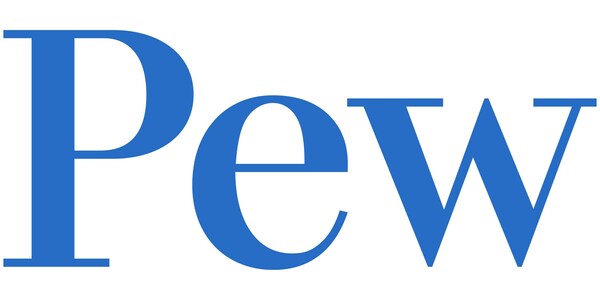 |
PHILADELPHIA, Feb. 29, 2024 /PRNewswire/ — The Pew Charitable Trusts announced today that it has selected six distinguished researchers as recipients of the 2024 Pew fellowship in marine conservation. The researchers—from Canada, China, Denmark, the Philippines, the United Kingdom, and the United States—join a community of more than 200 Pew marine fellows who have undertaken projects to deepen our understanding of the ocean and advance the sustainable use of marine resources.
“The world’s oceans have never been under greater threat. Humankind relies on healthy oceans in countless ways,” said Susan K. Urahn, Pew’s president and CEO. “These talented scientists are working to conserve and protect marine species and habitats across the globe—from Africa’s coasts to the coral reefs of the western Pacific Ocean.”
The 2024 fellows will lead innovative projects that help protect and restore crucial ocean habitats; some projects will also improve the sustainability and equitable management of fisheries that feed millions of people.
The Pew Fellows Program in Marine Conservation awards midcareer scientists and other experts $150,000 grants over three years to pursue marine conservation-oriented research projects. Marine fellows are selected by an international committee of marine science and conservation experts through a rigorous nomination and review process.
The 2024 fellows are:
Rene Abesamis, Ph.D.
University of the Philippines Diliman, Philippines
Rene Abesamis will work with local scientists and members of coastal communities to identify climate-resilient coral reefs in the Philippines and lay the groundwork for their protection. He will also streamline processes for sharing collected data with environmental managers and the national government.
Dyhia Belhabib, Ph.D.
Ecotrust Canada, Canada
Dyhia Belhabib will trace the seafood supply chain in Senegal to understand how illegally caught fish enter the market, who is involved in the trade, how seafood is laundered through activities such as transshipment, and where the fish end up. Using a combination of approaches, she will identify areas where illegal commercial fishing is most prevalent and will work with enforcement agencies to prioritize sites for additional monitoring and intervention.
Marine Cusa, Ph.D.
Oceana, Denmark
Marine Cusa will use genetic tools to improve transparency and sustainability in the European aquaculture sector. Working with a network of scientists, journalists, and representatives from conservation organizations, she will identify the major European aquaculture companies’ main fish-meal suppliers and will use genetic techniques to examine their fish feeds’ composition, sourcing, and sustainability.
James Kar-Hei Fang, Ph.D.
Hong Kong Polytechnic University, China
James Kar-Hei Fang will rebuild pearl oyster reefs at select sites in Hong Kong’s Tolo Channel using oysters cultured in captivity and will use advanced 3D technologies to monitor changes in local biodiversity created by the reefs. He will also use the restored oysters as a biomonitoring tool to assess marine pollution in the city.
Christina Hicks, Ph.D.
Lancaster University, United Kingdom
Christina Hicks will investigate links between international finance and overfishing in four countries in East and West Africa. She will also evaluate barriers and opportunities to develop multilateral policies that could help increase transparency in finance and reduce inequities in decision-making.
Emi Uchida, Ph.D.
University of Rhode Island, United States
Emi Uchida will combine remote sensing data and machine learning tools to identify key drivers of mangrove and seagrass ecosystem loss in the Coral Triangle, a biodiversity-rich region of the western Pacific Ocean, and predict areas that are most at risk of future degradation. Working with 90 communities in Indonesia, she will test the effectiveness of various conservation interventions, including community-led monitoring of coastal habitats.
Media Contact:
Elham Khatami
Senior Associate, Communications
202.540.6711
View original content to download multimedia: Read More